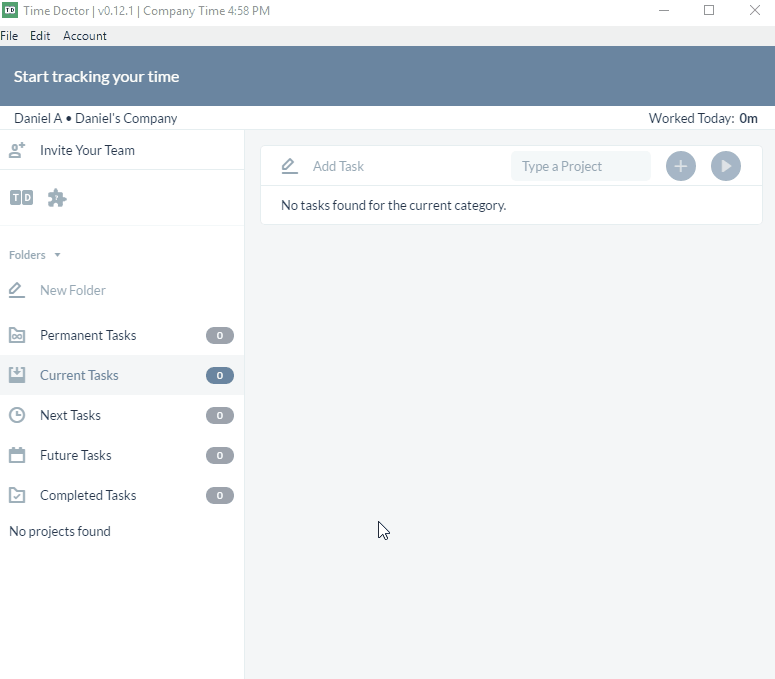

You may have local numbing or be completely asleep.Īrrive at the hospital or clinic at your scheduled time. What to expect during and after your uterine polyp removal procedure depends on the type of treatment. What to expect on the day of the procedure If you’re going under general anesthesia, you may have a consultation with the anesthesiologist, either in the days before your surgery or on the same day. This makes all types of abdominal exams and procedures more comfortable. Try to empty your bowels before the procedure. Take all prescribed medications with a small sip of water only. If you need general anesthesia, you won’t be able to eat or drink anything for up to 12 hours before your surgery. You won’t be able to drive yourself home after general anesthesia or while taking certain pain medications. Before the procedureĪrrange for someone to drive you home after the procedure. Antibiotics may be taken before and after the procedure. Your doctor may prescribe antibiotics and painkillers. This is about 1 to 10 days after your period. A uterine polyp removal procedure is normally scheduled after menstrual bleeding has stopped and before you begin ovulation. If you’re menstruating, let your doctor know the date of your last period. This helps you heal better and lowers the risk of complications by about 50 percent. The American College of Surgeons recommends staying smoke-free for at least four to six weeks before your procedure and four weeks after. Smoking of any kind - cigarettes, tobacco, or marijuana - raises your risk of problems during and after treatment. If you smoke, you’ll need to stop smoking before your procedure. You may have more imaging tests like a follow-up ultrasound done before your surgery. This is important for major surgery, like an abdominal hysterectomy. One test indicates your blood type in case you need a blood transfusion. This helps your doctor check that you are healthy enough for surgery. You may need certain blood tests before the procedure. Natural or herbal supplements can also thin the blood. Your doctor may want you to temporarily discontinue them before your procedure. Tell your doctor about any medications and supplements you take. Let your doctor know about any medical conditions you have.

Preparing for your uterine polyp removal begins with a general health checkup. You will be asleep under general anesthesia for both types. Both of these surgeries are done in the hospital. In an abdominal hysterectomy, the uterus is removed through an incision in the stomach area. A vaginal hysterectomy is done through the vagina. You’ll need local numbing or general (full) anesthesia. Treatments for uterine polyp removal include: In this case, your doctor may use a small camera or scope to look up inside the uterus. Sometimes an ultrasound alone can’t make the diagnosis of a uterine polyp. Your doctor will probably perform a pelvic ultrasound if you are having irregular bleeding or other symptoms. If you have symptoms, you might need treatment to remove the polyps. Your doctor will monitor you to make sure they don’t get larger. Smaller polyps may sometimes go away without treatment.


 0 kommentar(er)
0 kommentar(er)
